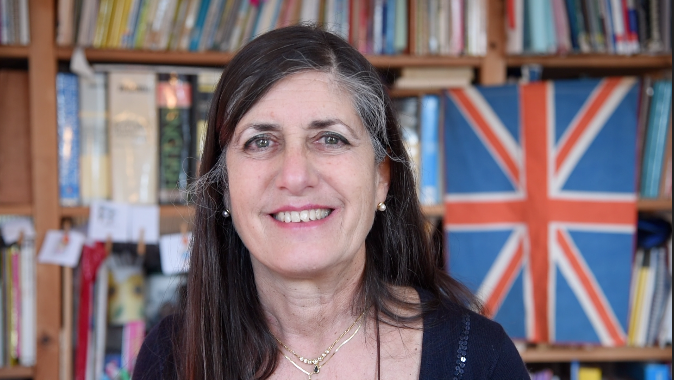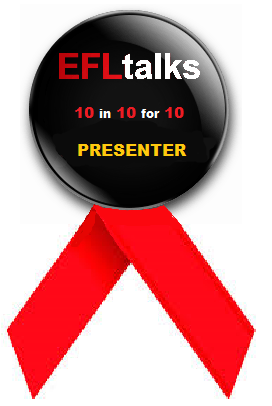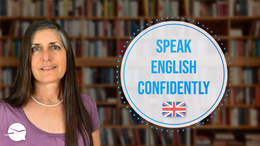Why is thinking in English really important? I've always stressed that listening is the first thing to help you learn English naturally with all its expressions, grammar, collocations and phrasal verbs. The more you listen, the better you'll be able to absorb all the grammatical structures. On the other hand, you also need to practice speaking. All this can only be done if you're thinking in English. How can you think in English? It's not as difficult as it seems: you have to incorporate it into your daily life and the best way is to talk to yourself. So if you're alone, it's no difficult feat; of course, if you're in company, it's a little harder. I have tested it on myself: I have taught myself a little Spanish and I always practiced when I was driving. What you have to do is to literally speak to yourself - you see a pedestrian who is crossing the road in the wrong place and you think, “Well, couldn't he have gone on the zebra crossing?”, that is, if your level of English is at least pre-intermediate, but you can also say, “Oh look at that man: he's not on the zebra crossing!” That's for beginners or for people who have less experience learning English. What you have to do is to use the little language you do know and say it out loud to practice your speaking & pronunciation - at the same time, you'll inevitably be thinking in the language. I always recommend incorporating it into daily life. I often send my students out of the lesson saying, “Okay, now open the door, close the door.” As you're walking towards your car you can think, “Hmmm, where are my keys? I'm putting my hand into my pocket; I'm pulling out my keys; I'm putting the key into the .... “ Not everyone will know the word 'lock' - 'to unlock the car' but you make a mental note, “Okay, I don't know the word for that thing with which I open my car.” When you have time, you can either google the word on your smartphone or when you get home you can look it up in the dictionary. Not knowing a word mustn't worry you. You have to just carry on and say, “Okay, so I'm opening the door; I'm pulling the door; I'm getting into the car; I'm closing the door; now I'm turning on the engine and so on.” Speak to yourself during any of your daily activities - when you get out of bed: “I'm going to the bathroom and brushing my teeth”. Use any activity where you can speak to yourself out loud. If you're speaking out loud you're sure that you're thinking in that language and don't be deterred by any vocabulary you don't know. Simplify - use simple words to express things and make a mental note of the words you can't think of. Then check them and if you do this regularly - you don't need to do it all day but regularly every day, regularly in any case - you'll see that your pronunciation will improve and also that you'll be thinking in English. Thinking in English is one of the first steps to improving it, to making the language become yours, to make the language become part of your being. That's when you start really improving because if you can listen a lot, speak a lot and think a lot, you're already on the way to raising the level of your English or any language if it comes to that. So don't forget: think in English... speak out loud... you'll notice the dramatic improvements within a couple of days. Hope you implement this advice! Please write in the comments box below how you feel after trying it out for a week or two! Looking forward to your comments, Your English fluency guide, Susan
5 Comments
Raaj
24/6/2017 07:25:45 am
I like this method.i will try, and send me more benefcial tips for english spoken.thanks
Reply
25/6/2017 12:28:39 am
I'm glad you find these tips useful. You can download some of my fluency training tips if you fill in this form: http://eepurl.com/b230l1. Try them out!
Reply
25/6/2017 12:35:41 am
Wonderful Miriam, try out my fluency training tips which you can download by filling in this form: http://eepurl.com/b230l1
Reply
Leave a Reply. |
Categories
All
Would you like regular English learning & teaching ideas? Subscribe to my blog so you don't miss a post!
AuthorMy name is Susan Brodar, born in London into a multilingual family and brought up bilingual English / Italian. Archives
December 2018
|





 RSS Feed
RSS Feed





